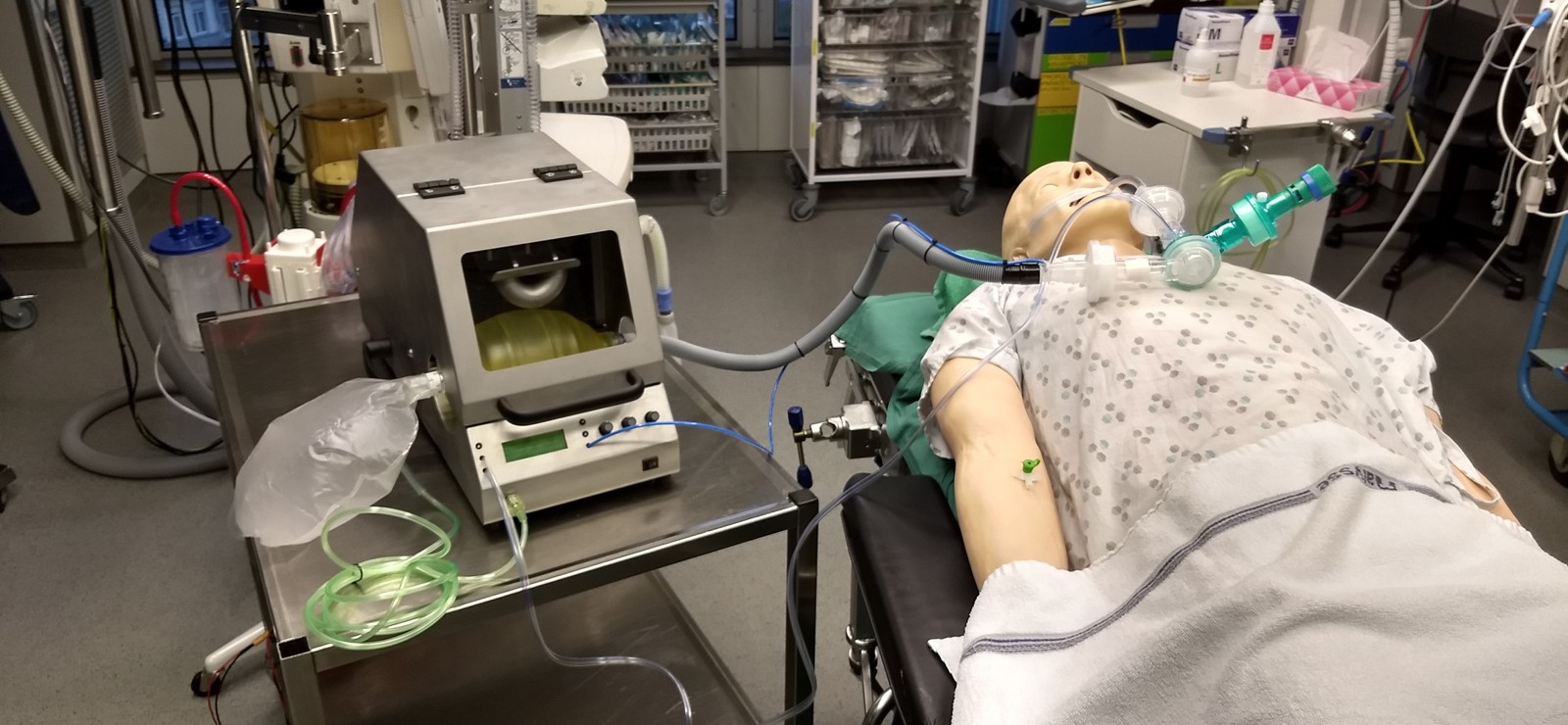Two alumni look back on their education and the direction they followed. Even though they started on the same road, it ultimately led to other places. Tom and Marie-Astrid both studied medicine at Ghent University.
Tom Holvoet - gastroenterologist at AZ Nikolaas and UZ Gent
“It has always been my dream to become a doctor, ever since I was a toddler. I never really considered anything else. In secondary school, I was very interested in sciences and the social aspect of the job appealed to me as well. After seven years of medicine, I did two years of general internal medicine. Before specializing further as a gastroenterologist, I did another four years as a doctor. These years of specialization are very instructive, but can also be quite demanding, with 80-hour weeks and night work. You really have to be passionate to fight your way through. But the final job is much more attractive, with more freedom."
"During my training, I already gained experience at the gastroenterology department in Sint-Niklaas and Ghent. I have now been working there for a year as a gastroenterologist. Apart from consultations, I do camera keyhole surgery, and this combination makes my job very varied. As a gastroenterologist, you examine many organs (in addition to the stomach and intestines, the liver and pancreas), so you come into contact with many different diseases. I still draw on my general pathology subjects from the past. With my specialization, I could go on to become an emergency doctor or work in the pharmaceutical industry. Doctors with a scientific background are in great demand there.”
Marie-Astrid Denys - Medical Affairs Manager at Daiichi Sankyo
“It's not that I dreamed of practicing medicine as a child. I didn't know any doctors besides my family doctor. I came from a science focus in secondary school and was also interested in bioengineering, biotechnology, chemistry and physics. In the end, I chose medicine because I didn’t have to make a herbarium in that course (laughs)."
"After seven years of medicine, I started specializing in urology, which I combined with a PhD. But I began to have more and more doubts. Consultations were taking a lot of energy out of me and I had the feeling that I was no longer in control of my own life. I wanted to manage my own schedule again and switched to the pharmaceutical company Daiichi Sankyo. In the medical department, I prepare the launch of new products. I ask experts for advice, coordinate product studies and examine possible collaborations with doctors and professional associations. The variety and working in a team are fantastic. The sector is very innovative, I am constantly learning. The broad medical knowledge from my training now helps me to read up on new areas."
"When you study medicine, everyone assumes that you will become a GP or a specialist, but you can actually choose to change direction at any time. It's important that you do what you enjoy.”
Read also
Connected to Ghent University for life: why our alumni are so important to us
The role of alumni within any university is not to be underestimated. “Our contact with ex-students is immensely important for so many reasons: research, education, reputation, talent management and more besides…. ,” maintains Emeritus Professor Kristiaan Versluys.
Serhat goes from Ghent University to Harvard: "I want to bring healthcare to people who are excluded from it"
Serhat Yildirim (26) just completed his final exams in medicine after which he will start at the prestigious Harvard University. He was admitted for the two-year master's degree in Global Health Delivery.
First Ghent University, then the world
Ghent university has a global network. Through international research projects, collaboration agreements with other universities, exchange programmes, ... And also through its many alumni, who fly off in all directions after their studies.
Marc Van Montagu: "Be amazed by the things you hear, see and read, and sniff up as much knowledge as you can"
Marc Van Montagu, one of the founders of biotechnology, writes a letter to his 17-year-old self. 17. What advice does he have for the young Marc? A lad from a working class district in Ghent who in October 1951 took his first steps in the scientific world.




